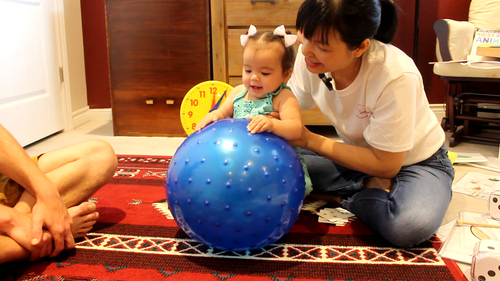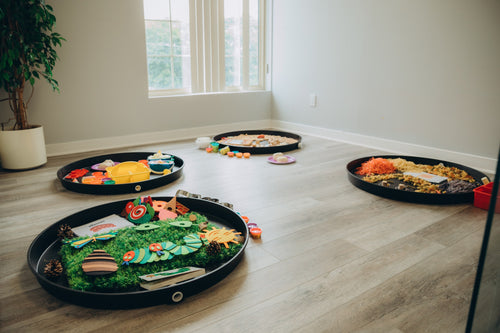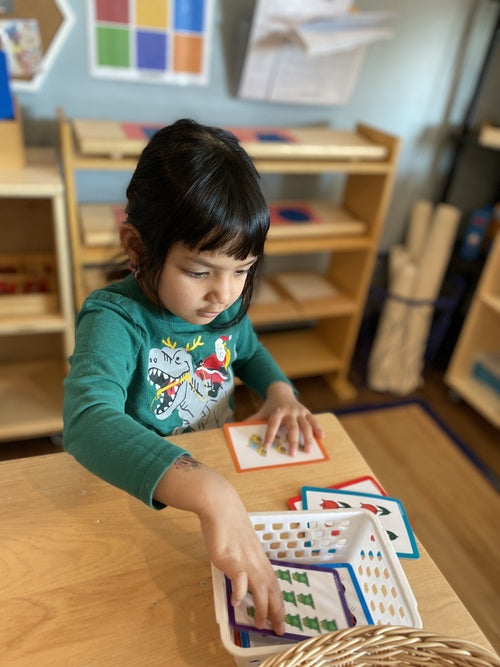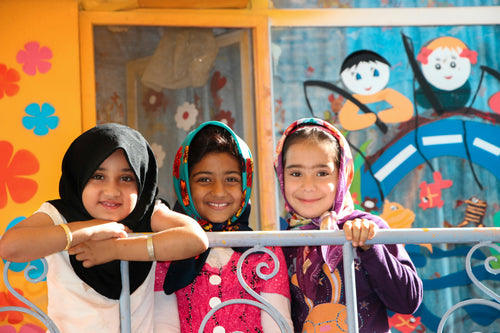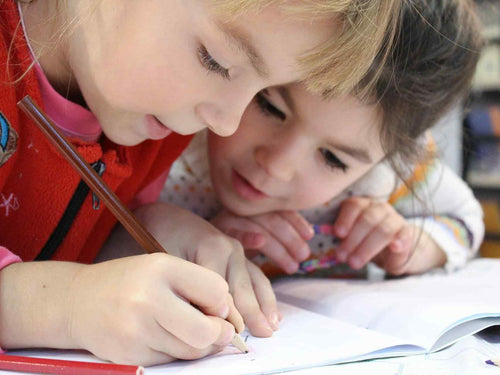As parents and caregivers, understanding the child development milestones of infants can help ensure they are on the right track. These milestones are crucial indicators of a child’s growth and progress in various aspects such as physical, cognitive, social, and emotional development. In this article, we will delve into the 4 key child development milestones from birth to one year that you need to know to support your infant's healthy growth.
Understanding Child Development Milestones
Child development milestones are a set of functional skills or age-specific tasks that most children can do at a certain age range. These milestones help to gauge whether a child is developing as expected compared to peers of the same age. It's important to remember that every child is unique, and while there are general patterns, the timing of milestones can vary.
1. Newborn to 3 Months
Physical Development
- Reflexes: Newborns exhibit reflexes such as rooting, sucking, and grasping. These reflexes are essential for survival and feeding.
- Head Control: By the end of three months, infants start gaining better head control and can lift their heads while lying on their stomachs.
Cognitive Development
- Sensory Exploration: Infants begin to explore their environment through their senses. They will start to recognize familiar voices and respond to different sounds.
- Visual Tracking: Babies can track objects with their eyes and begin to show interest in high-contrast patterns.
Social and Emotional Development
- Smiling: Around 6 to 8 weeks, babies will start to smile in response to social interactions, a milestone known as a social smile.
- Attachment: Infants begin to form attachments to their primary caregivers, showing preference for familiar faces and voices.

2. 3 to 6 Months
Physical Development
- Gross Motor Skills: Babies begin to roll over from front to back and back to front. They also start to push up on their arms when lying on their stomachs.
- Fine Motor Skills: Infants can reach for and grasp objects, bringing them to their mouths to explore.
Cognitive Development
- Object Recognition: Babies start to recognize familiar objects and people. They may also begin to show curiosity about new surroundings.
- Cause and Effect: They begin to understand that their actions can cause reactions, such as shaking a rattle to make noise.
Social and Emotional Development
- Social Interactions: Infants start to engage more with others, enjoying interactive play like peek-a-boo.
- Emotional Expression: Babies begin to express a wider range of emotions, including joy, frustration, and surprise.
3. 6 to 9 Months
Physical Development
- Sitting and Crawling: By this age, many infants can sit without support and start to crawl, giving them more mobility and independence.
- Hand-Eye Coordination: Babies improve their hand-eye coordination, allowing them to pass objects from one hand to the other and clap their hands.
Cognitive Development
- Object Permanence: Infants develop an understanding of object permanence, realizing that objects still exist even when they are out of sight.
- Problem Solving: They begin to show problem-solving skills, such as figuring out how to reach a toy that is out of reach.
Social and Emotional Development
- Stranger Anxiety: Around 6 to 9 months, babies may show signs of stranger anxiety, becoming clingy or fearful around unfamiliar people.
- Attachment and Bonding: Infants continue to strengthen their bonds with caregivers and may show preference for specific individuals.

4. 9 to 12 Months
Physical Development
- Standing and Walking: Many infants will start pulling themselves up to stand and may take their first steps while holding onto furniture (cruising).
- Fine Motor Skills: Babies refine their pincer grasp, using their thumb and forefinger to pick up small objects.
Cognitive Development
- Language Development: Infants begin to understand simple words and commands. They may start to say basic words like “mama” or “dada.”
- Imitation: Babies learn by imitating the actions and sounds of those around them.
Social and Emotional Development
- Interactive Play: Infants enjoy interactive games and may show preferences for certain toys or activities.
- Emotional Attachment: They continue to develop strong emotional attachments and may become upset when separated from primary caregivers.
Supporting Your Infant’s Child Development milestones
Understanding these child development milestones can help you provide the necessary support and stimulation for your infant’s growth. Here are some tips to encourage development:
Physical Development
- Tummy Time: Ensure your baby spends time on their tummy each day to strengthen neck and shoulder muscles.
- Safe Environment: Create a safe space for your baby to explore and practice new skills like crawling and walking.
Cognitive Development
- Interactive Play: Engage in activities that stimulate your baby’s senses and curiosity, such as playing with toys that make noise or have different textures.
- Reading and Singing: Read books and sing songs to your baby to promote language development and auditory skills.
Social and Emotional Development
- Responsive Caregiving: Respond promptly to your baby’s needs and cues to build a secure attachment.
- Social Interaction: Encourage social interaction by arranging playdates and attending baby groups.
When to Seek Help
While variations in the timing of child development milestones are normal, there are certain signs that may indicate developmental delays. If your infant exhibits any of the following, consider consulting a pediatrician:
- Lack of response to loud noises by three months
- No social smile by three months
- Inability to support their head by six months
- Not reaching for objects by six months
- No babbling or cooing by six to nine months
- Difficulty moving one or both eyes in all directions by six months
- Not sitting without support by nine months
Monitoring your infant's growth and well-being can provide valuable insights into their growth and well-being. While each child develops at their own pace, being aware of these key milestones can help you support your baby’s journey from infancy through their first year of life. Always remember to celebrate your baby’s achievements, no matter how small, and provide a nurturing environment that fosters their development.
Join Smartizen community for more information about child care and early childhood education, with us you can help ensure that your infant has a strong foundation for continued growth and learning.
Take a look at what we are offering here.



